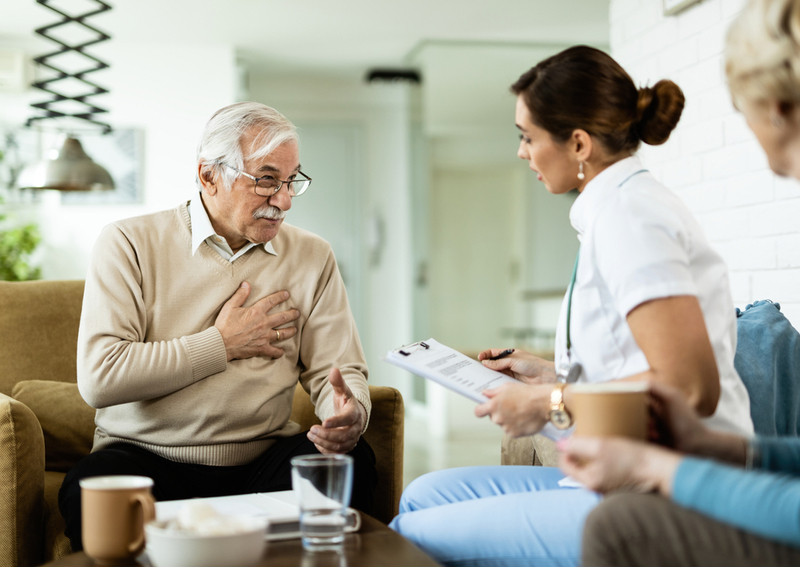
How to Identify the Signs of a Stroke in a Senior
Stroke is one of the common causes of death among seniors in the US. During an episode of stroke, the blood flow to the brain is blocked or reduced significantly. This leads to an interruption in the supply of essential nutrients and oxygen to the brain. In severe cases, the block in the blood vessels in the brain may also lead to ruptures and lead to serious complications.
Stroke can affect cognitive abilities and many bodily functions in seniors, such as speech, vision, movement, etc. Older adults may also lose consciousness during a stroke attack. As the condition can cause many problems in seniors, it is important to recognize the signs of stroke and seek medical help immediately. Below is an easy way to identify the signs of a stroke.
The F.A.S.T. Warning Signs to Detect Stroke
The National Stroke Association and the American Heart Association have come up with a simple way to detect the symptoms of a stroke.
- F (FACE): If you see that one side of your loved one’s mouth is drooping or their smile is lopsided, then it can be a red flag that they are experiencing a stroke. However, this symptom may not always be present when your senior parent or grandparent is having a stroke.
- A (ARMS): Once you have checked the facial signs, look for the changes in arm movement and function. Ask your loved one to lift both arms over their head as normal. If they cannot do that, or if their arms drift downward when they lift it, then it may indicate a stroke or any other neurological problem.
- S (SPEECH): If your elderly parent or grandparent is having trouble speaking or starts talking gibberish suddenly, then you should consult a doctor immediately for help. Problems with verbal skills are a more common sign of a stroke because of the reduced blood flow and lack of proper oxygen supply to the brain.
- T (TIME): Be wary of the time. If your loved one is exhibiting any of the above-mentioned signs, then seek medical help straight away. Life-saving medications for stroke will work effectively only when they are administered as quickly as an episode occurs.
Other signs of a stroke may include sudden numbness or weakness of the face, arm, or leg, especially on one side of the body; sudden confusion; sudden difficulty in seeing clearly in one or both eyes, sudden difficulty in moving around, dizziness, loss of balance; and sudden severe headache. An assisted living community can help your senior loved one live more safely, and will have trained staff ready to act if signs of a stroke are seen.
Contact Oakey Assisted Living & Memory Care to see how we can accommodate your senior loved one.
